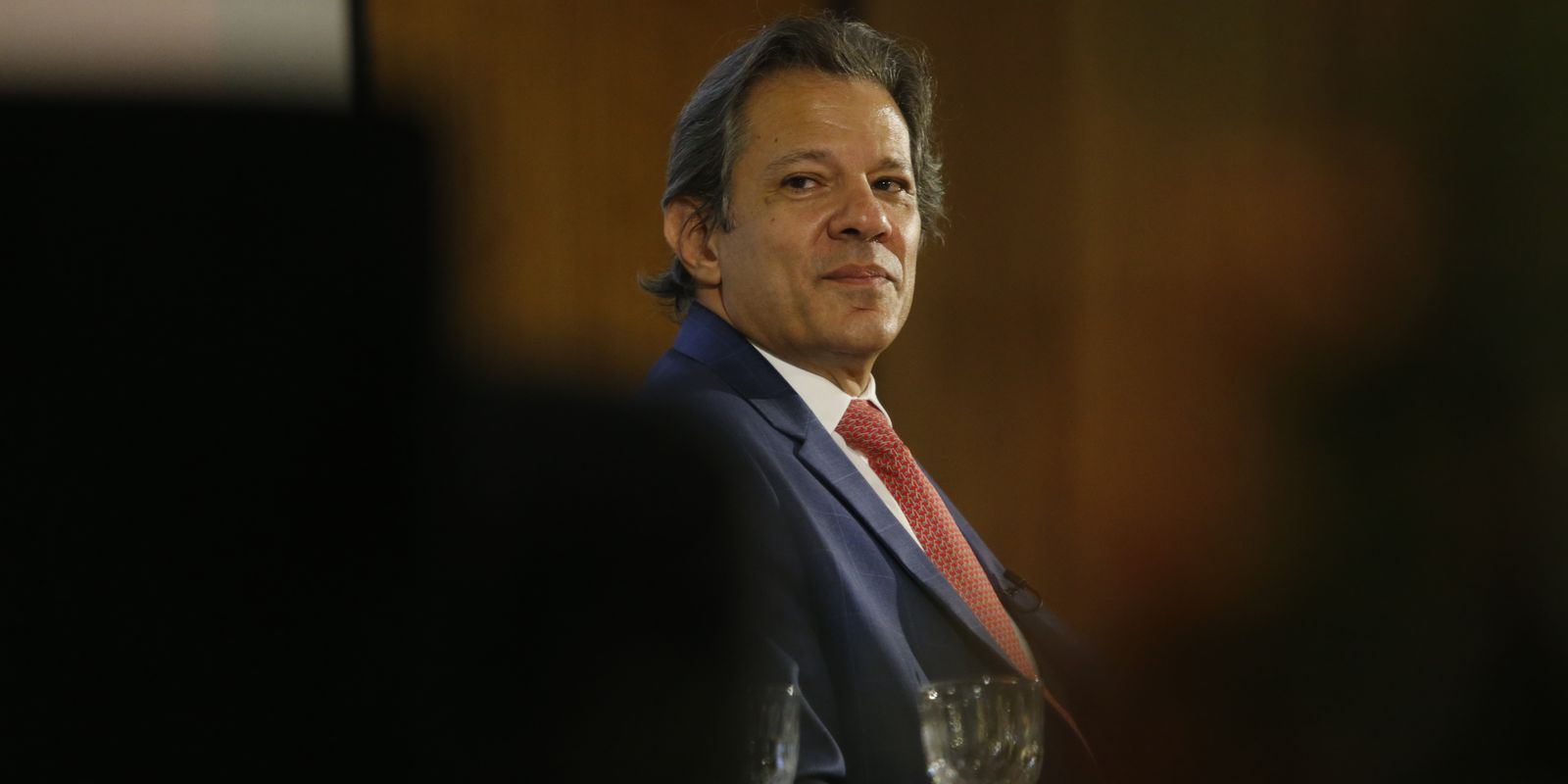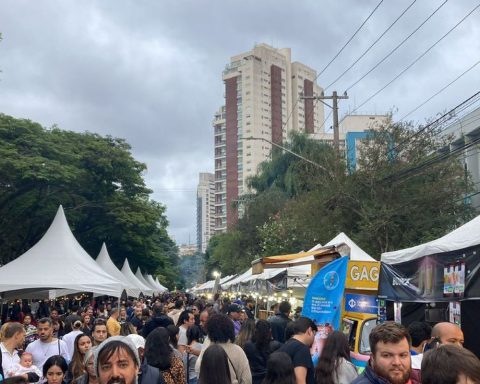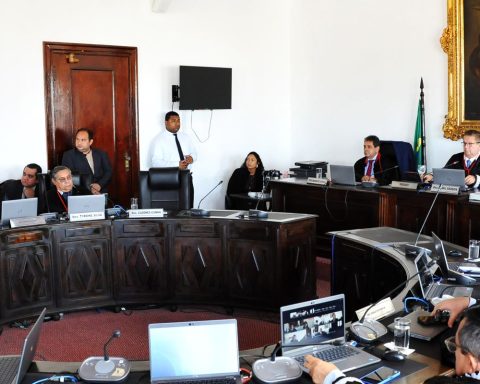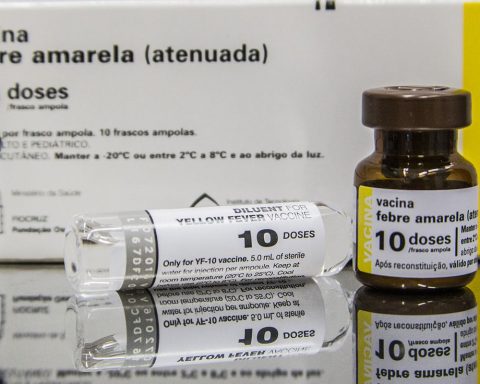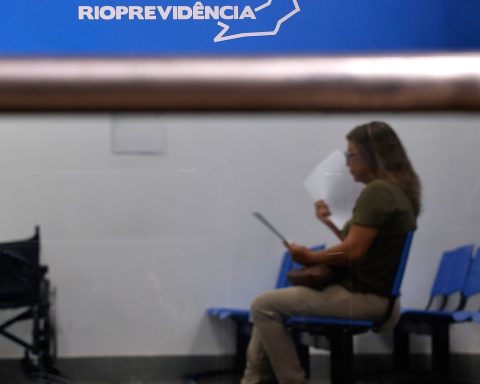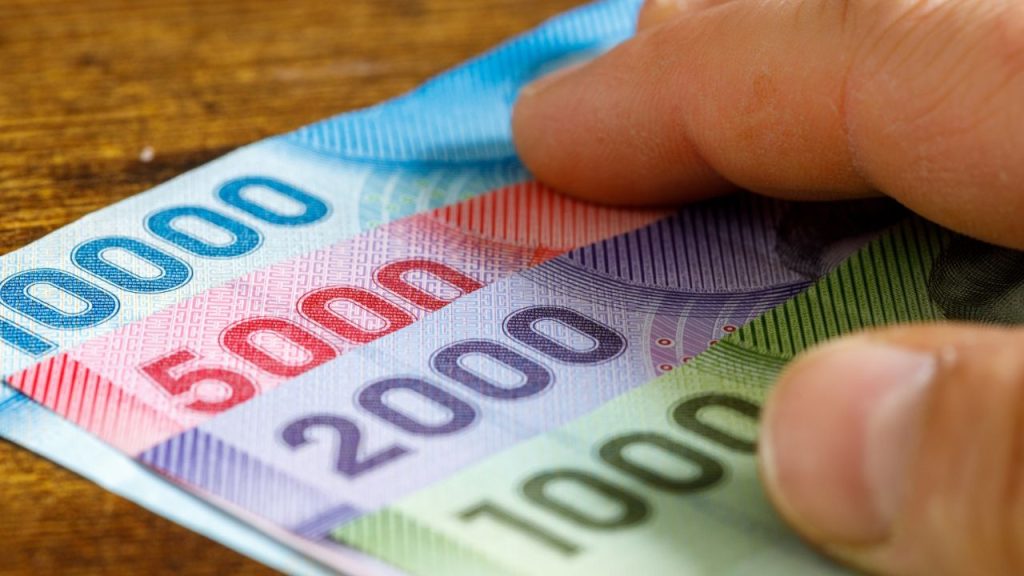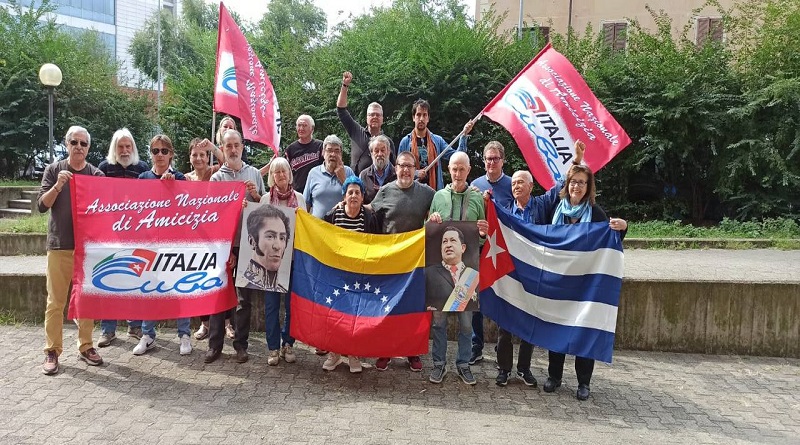After rising mid-year, spending on Social Security and the Continuous Benefit Payment (BPC) settled down in August and September, improving expectations that the government will meet its zero fiscal deficit target in 2024, Finance Minister Fernando Haddad said on Monday (23). Accompanied by President Luiz Inácio Lula da Silva, Haddad met with representatives of credit rating agencies in New York.
“In May of this year, we were very concerned about the evolution [dos gastos] of Social Security and BPC, and these expenses were more accommodated in this fourth Report [Bimestral de Avaliação de Receitas e Despesas]. So the team is more relaxed about this. And from the revenue point of view, the measures taken by the Senate compensate in part, at least, for the issue of extending the payroll tax re-taxation,” Haddad said after the meeting.
Released last Friday (20) and detailed this Monday (23), the report, which guides the execution of the Budget, unfroze R$ 1.7 billion in funds. The improvement comes mainly from extraordinary revenue sources, but Haddad said the government is doing its part by keeping spending stable relative to gross domestic product.
“We released the data from the fourth (bimonthly revenue and expenditure) report of this year, showing that expenditure is absolutely within the framework rule, limited to 2.5% growth [acima da inflação] compared to last year. We had some good surprises in this fourth report,” he said.
Investment grade
The minister argued that rating agencies should upgrade Brazil to investment grade, as a guarantee that it is a good payer and that the country is not at risk of defaulting on its public debt. He said that not even international investors understand the country’s current rating, which is two ratings below investment grade.
“Brazil is an international creditor, it has a trade surplus [em torno] of US$100 billion, is the second or third destination for foreign private investment, and is being sought by several countries and sovereign funds to present their investment projects. For these entities, it also makes no sense that the eighth largest economy in the world, with US$350 billion in reserves [internacionais]does not yet have investment grade,” he declared.
Inflation
Regarding the impact of the drought in much of the country on inflation, Haddad said that the rate will continue to fall in the coming years and that interest rates will follow suit. “We will continue to have successively lower inflation rates in the coming years. That is my conviction. And I have no doubt that the Selic [juros básicos da economia] will respond to this behavior,” he commented.
The minister recalled that inflation in 2022 was masked due to the reduction in fuel taxes. “Without the masking in relation to fuels, the unofficial inflation in 2022 was 8.25%. We are in the second year with half the inflation of two years ago. It was a very significant drop”, he highlighted.
This morning, Lula and Haddad met separately with directors from the rating agencies Standard & Poor’s and Moody’s. The meetings took place at the residence of the head of Brazil’s mission to the United Nations. On Tuesday (24), Lula will give the annual opening speech at the United Nations General Assembly, a prerogative that falls to Brazil.
